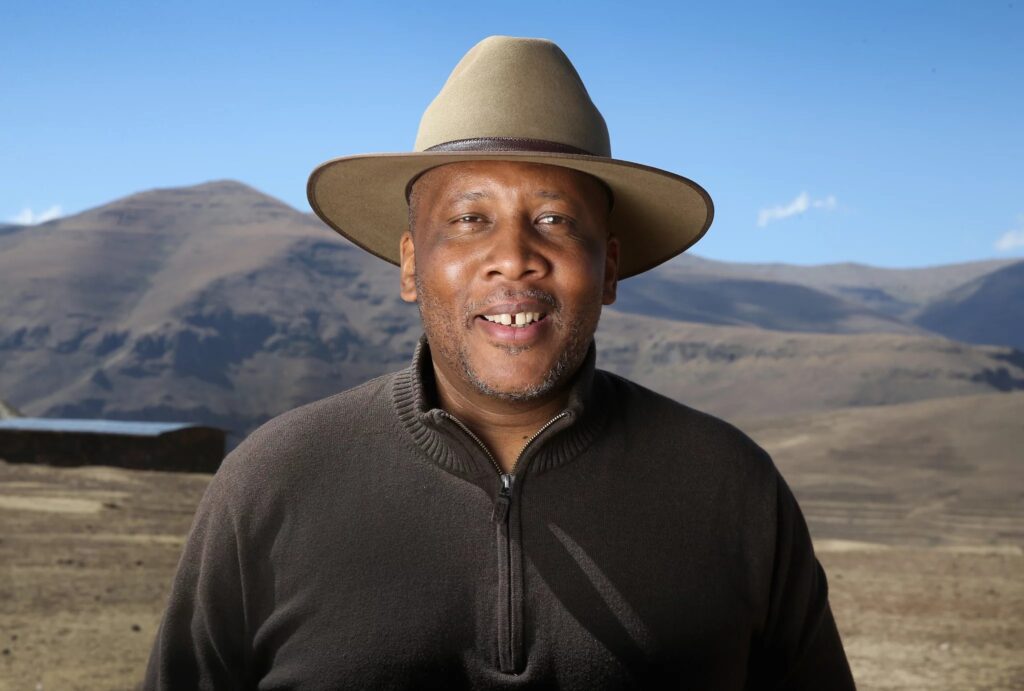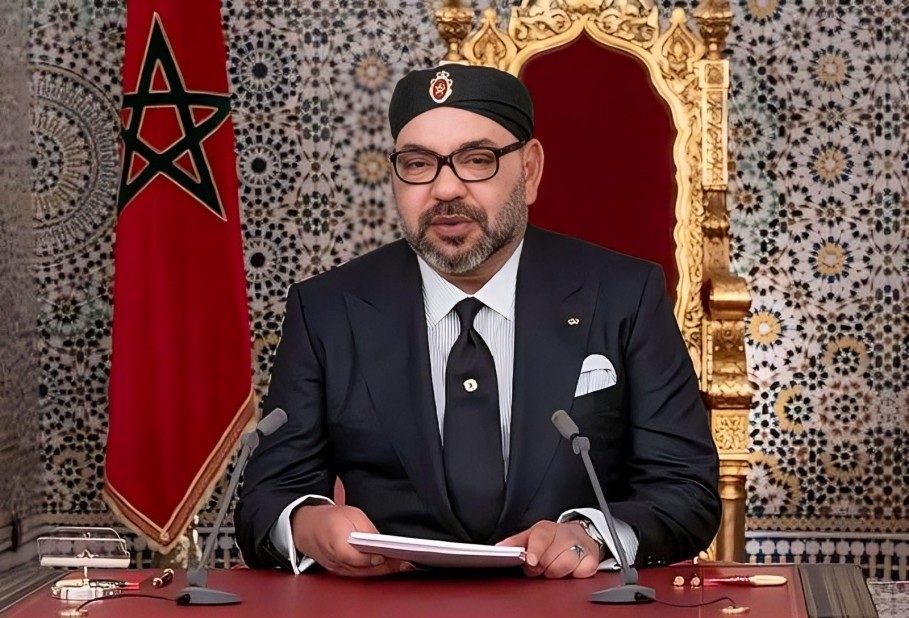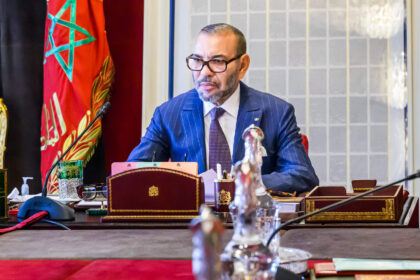At a Glance
- King Mohammed VI leads Africa’s royal rich list with holdings in banking, mining, and real estate.
- Nigeria’s Oba Obateru Akinruntan built wealth through oil ventures, real estate, and hospitality assets.
- Eswatini’s King Mswati III controls a sovereign fund investing in sugar, real estate, and land.
Africa’s monarchs remain more than symbolic figures. They are also among the continent’s financial elite, holding fortunes that put them in the same league as prominent business leaders and industrialists. Their wealth is drawn from centuries-old royal institutions, but also from modern investments in sectors ranging from banking and real estate to energy and agriculture
Morocco’s King Mohammed VI sits at the top of the list with an estimated fortune of about $5.7 billion. His holdings stretch across banking, mining, and real estate, and his influence reaches beyond the throne into the country’s largest companies. Nigeria’s Oba Obateru Akinruntan, often referred to as the “oil king,” amassed his wealth through petroleum ventures that made him one of the richest traditional rulers in West Africa. Eswatini’s King Mswati III, meanwhile, has interests tied to a sovereign-style investment fund that channels money into everything from telecommunications to sugar estates.
Much of this wealth comes from Africa’s natural resources — oil, gas, gold, and land. But these rulers have also embraced modern finance. They own stakes in banks, invest in property both at home and abroad, and maintain agribusiness ventures that supply local and regional markets. In some monarchies, government budgets also contribute directly to royal households, reinforcing the mix of public and private money that underpins their lifestyles.
The influence of these monarchs extends well beyond their financial statements. They play an active role in politics, shaping national debates and at times mediating in crises. Their economic weight allows them to attract investment and drive development projects, even as their wealth sparks controversy in countries where poverty and inequality remain entrenched.
The combined fortunes of Africa’s royals, ranging from hundreds of millions of dollars to several billions, underscore the persistence of royal power in the modern era. For many of these monarchs, tradition remains central, but their reach into boardrooms, investment funds, and global markets shows how Africa’s royal families have adapted to the demands of the 21st century.
Here’re shore.africa’s top seven of Africa’s richest monarchs
1. Morocco’s King Mohammed VI
Net worth: $5.7 billion
King Mohammed VI of Morocco tops the list with an estimated $8.5 billion fortune, anchored by a 35 percent stake in Société Nationale d’Investissement (SNI). The holding company holds significant stakes in Attijariwafa Bank, the mining firm Managem Group, the sugar producer Cosumar, and the dairy giant Centrale Danone, providing the monarch with exposure to banking, mining, and agribusiness. Forbes recently revised its estimate upward after new information on SNI’s asset values, cementing Mohammed VI as Africa’s richest monarch and a key investor on the continent.
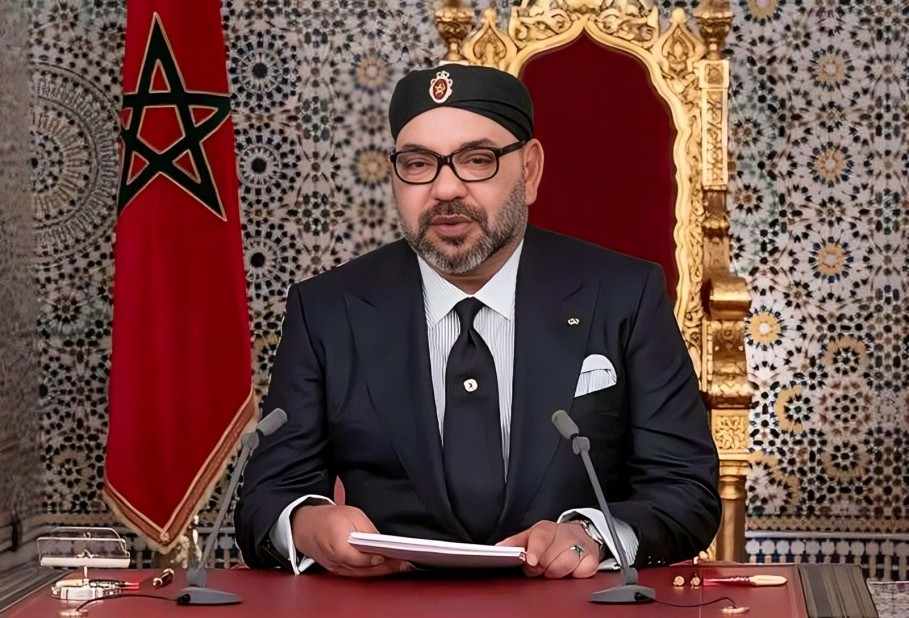
2. Oba Obateru Akinruntan
Net worth: $300 million as of 2014
Oba Fredrick Obateru Akinruntan, the Olugbo of Ugbo Kingdom in Ondo State is the richest Monarch in Nigeria and the second richest in Africa. In 2014, Forbes magazine estimated his net worth at $300 million, ranking him as the richest monarch in Nigeria and the second-richest in Africa at that time. He is an oil magnate and the founder of Obat Oil, a major oil company in Nigeria. The Olugbo of Ugbo Kingdom in Nigeria controls Obat Oil, a major player in the country’s petroleum sector. Real estate holdings and hospitality assets bolster his fortune.
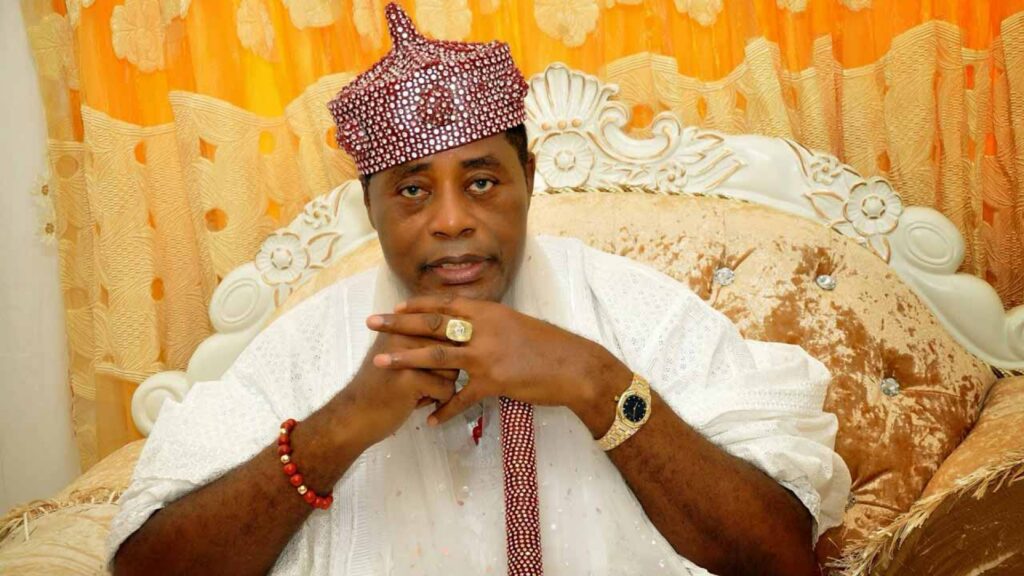
3. Eswatini’s King Mswati III
Net worth: $50 million as of 2014
King Mswati III commands over $50 million, much of it through Tibiyo TakaNgwane, a sovereign wealth-style fund with investments in sugar, real estate, and land. His lifestyle and spending have drawn criticism amid poverty in Eswatini. King Mswati III of Eswatini (formerly Swaziland) is consistently listed among the richest, with an estimated worth often cited as over $50 million according to a 2014 Forbes report. He became the world’s youngest monarch at age 18 in 1986 and serves as the CEO of Tibiyo TakaNgwane, a state-run investment company.
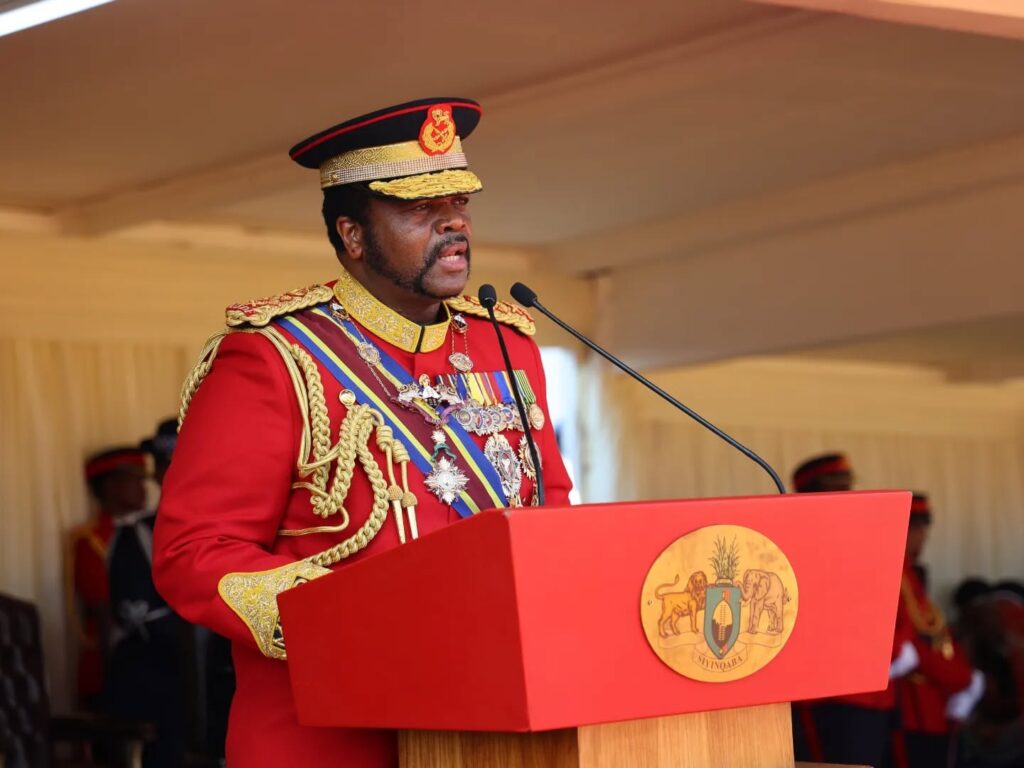
4. Sultan of Sokoto, Sultan Sa’adu Abubakar III
Net worth: about $50 million
Sultan Sa’adu Abubakar III, Nigeria’s leading Islamic authority. His fortune comes from allowances, land, and regional investments. Sultan Sa’adu Abubakar III of Nigeria: The 20th Sultan of Sokoto, his wealth is estimated to be close to $50 million.
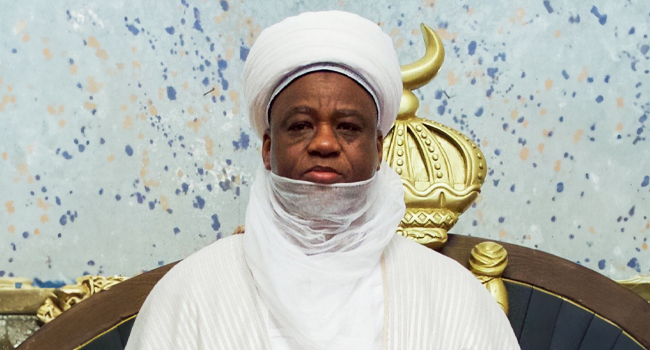
5. Lamido of Adamawa
King Mohammed Lamido Sanusi of Adamawa commands multimillion-dollar assets from landholdings, agriculture, and state-linked allocations, giving him financial and political reach across northern Nigeria.
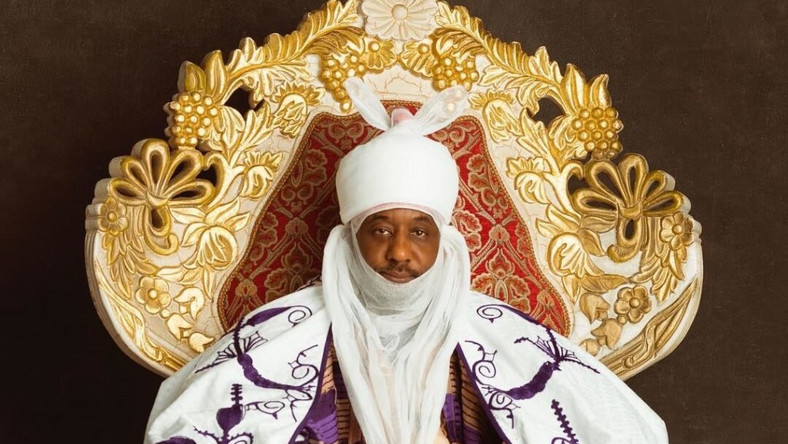
6. Ooni of Ife, Oba Adeyeye Enitan Ogunwusi
Oba Adeyeye Enitan Ogunwusi, the Ooni of Ife, has a fortune estimated in millions of dollars, driven by real estate, hospitality, and agriculture.
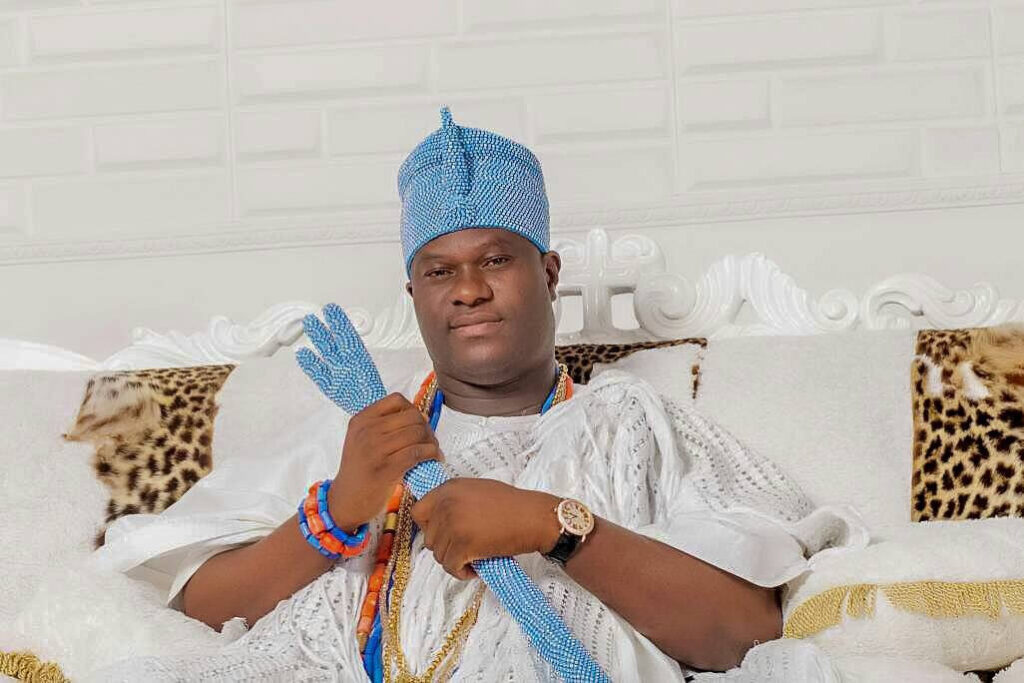
7. Lesotho’s King Letsie III
Lesotho’s King Letsie III holds multimillion-dollar affluence. Though his monarchy is largely ceremonial, King Letsie III maintains about $50 million in wealth, mostly from land, agriculture, and allowances.
